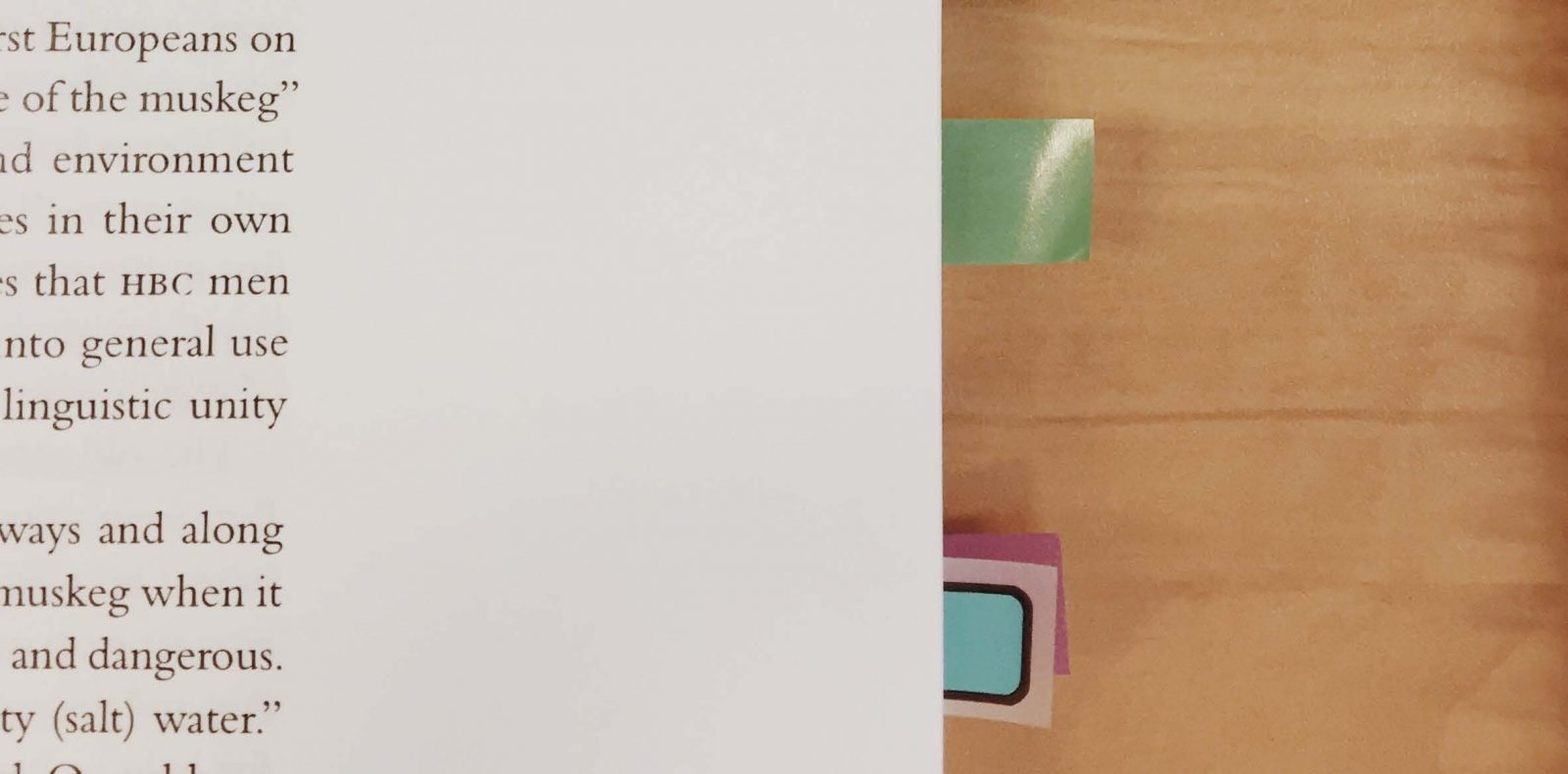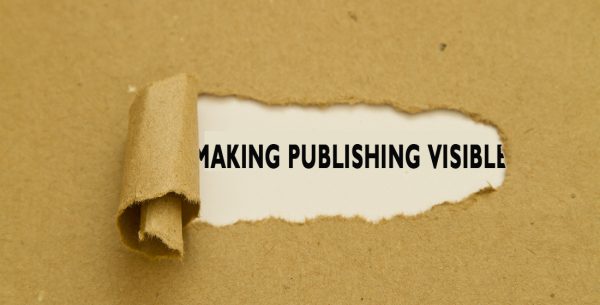Top Tips from an Acquisitions Editor
New scholars often turn to their dissertation for their first publication. They may know revisions are necessary but they may not know where to begin. We recently went live on Facebook to share our senior acquisitions editor’s top tips for revising a dissertation for publication. You can watch the full video at the bottom of this page or on our Facebook page or skim the highlights below!
Audience
Have a clear sense of your audience before you start revising. Who are you talking to and how much do they know? The audience for your dissertation is your supervisor and your dissertation committee—a group that has certain expectations with regard to tone and content. However, the audience for your book is probably your peers. Think about what prior knowledge you can expect your reader to bring to the table.
Young scholars often think that appealing to a broader audience will be a selling point for a publisher. But it won’t be if the material you are working on isn’t suited for the general reader. Once you have defined your audience, your manuscript will start to take shape.
Format
Dissertations tend to come with an introduction, a literature review chapter, a chapter on methodology (theory), and then finally the data and a conclusion—a format loosely based on a “research report” format commonly seen in scientific fields. You have your method,and you have your data and you apply your method to your data. This format doesn’t work very well in the social sciences or in a book for that matter. Here are a few tips on how to revise specific parts of your dissertation.
Theory. Thinking doesn’t involve starting with a framework and then imposing that framework on a body of data. When you use that analytical format, the focus tends to be on the evidence you are presenting that supports someone else’s theory and your original thoughts get lost. The theory should be pulled in as your write about your topic. Your readers want to get interested in your ideas and not what you say about someone else’s ideas.
Literature review. Readers of your book are not interested in hearing a summary of Foucault’s ideas on governmentality and so the literature review can usually be cut. Sometime there is a work that will be integral to your own ideas and then you will need to introduce it, but you do not need to review everything you have read—writing a book assumes that you have authority to speak on the topic and you no longer need to prove that.
Conclusion. The conclusion in a dissertation often summarizes the thesis but this makes for an extremely boring conclusion in a book. The concluding chapter of your book manuscript should be a place to have a bit of fun, push the argument a little further, look at some of the implications of your argument, or use it as a place to say what your study has not looked at and what more could be explored.
What do publishers look for?
How good is your writing?
You have to be aware of how well you write. This will help you determine your audience. Ask yourself whether you have writing skills to write a popular book? Readers who are not academics want something to be clearly written.
Is your dissertation in a repository?
More and more, universities require grad students to deposit their dissertation in a repository. Most publishers are not going to publish something if it is already available. Open access presses such as Athabasca University Press are more flexible.
If your dissertation is in a repository, you need to be prepared to have publishers hesitate about the need to publish already available material or you might need to consider having your work removed from the repository.
Having said that, your dissertation should really be a starting point for your manuscript. Build on your dissertation so you can honestly say that your proposed book has more to it. A post doc is helpful for this because you can use the research you did in your post doc as part of the manuscript, thereby differentiating it from your dissertation.
ASPP eligible
Publishers also will be looking at whether they can apply to the Awards for Scholarly Publishing Program for your book. Authors or publishers can apply to this program but the success rates are higher when a publisher is involved. If your manuscript is not eligible for ASPP, you should familiarize yourself with other funding that you might have access to for publication.
Documentation
Dissertations tend to be heavily documented and rightly so (your dissertation committee wants to see that you are citing your sources). In the revision stage, go through your sources and ask yourself what needs a citation and what does not. Do you need to prove that this idea exists somewhere or will your reader already knows? Scrutinize your documentation to thin it out a bit.
The quality of the documentation is important. It is your responsibility to ensure that your references/notes are accurate and prepared in accordance with a known style. Most scholarly publishers prefer the Chicago Manual of Style. Remember that citations are not there to prove that you have a source, they are for readers to find out more about a topic. Cite your page numbers even if you are not quoting! Do not ever cite something with just a URL because it will be dead by the time you submit your manuscript (include the title of the website and the page as well as the author if there is one).
Length
Keep the reader in mind even in the structure of your argument. If your manuscript runs to over three hundred pages double spaced, you are going to have to slim it down.
Who and how to approach?
Do some research before you approach a publisher. There are a lot of university presses in Canada who have specialized lists.. Showing some familiarity with a press’s list will go a long way in an initial inquiry. Find all the university presses in Canada here.
Know that publishers are not printing services. They exist to add their expertise to your manuscript and to make your book the best book it can be.
Follow the publisher’s guidelines for submissions. If they require a prospectus, fill it out in their preferred format.
Prepare a manuscript carefully. Make sure that it has been proofread and remember that spellcheck does not catch missing words. Ask your peers to read it over.
Book or journal article?
If you have a dissertation that takes a case study approach, you may want to pull out specific chapters to publish as journal articles. One thing to bear in mind is that if you do want to publish your dissertation as a book at some point, publishers are not going to be interested in it if a number of the chapters have already been published as journal articles.
Other tips
Don’t be satisfied with the first interpretation of something that you come up with.
Be honest with yourself. Were my dissertation supervisors excited about this project? How excited are you about continuing with this work? If you think your dissertation is a really good piece of work then you should try publish it.
The book manuscript can be a place for you to explore ideas that you felt it would be best not to push too far in a dissertation.
Resources
According to Pamela Holway, the best resource on the market for revising your dissertation is From Dissertation to Book, Second Edition by William Germano.


